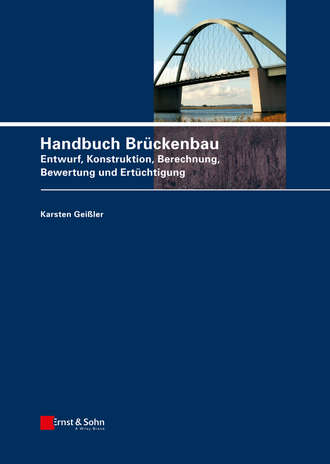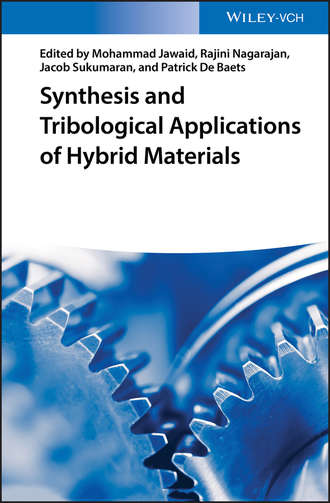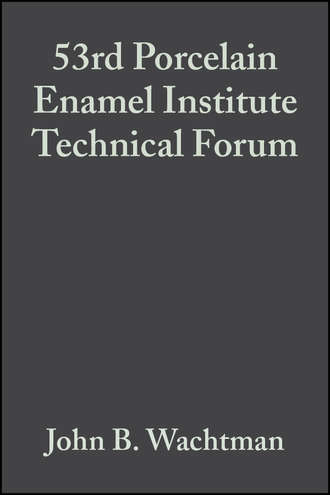Food Mixing
4.2 из 5, отдано 13 голосов

P. Cullen J.
The mixing of liquids, solids and gases is one of the most common unit operations in the food industry. Mixing increases the homogeneity of a system by reducing non-uniformity or gradients in composition, properties or temperature. Secondary objectives of mixing include control of rates of heat and mass transfer, reactions and structural changes. In food processing applications, additional mixing challenges include sanitary design, complex rheology, desire for continuous processing and the effects of mixing on final product texture and sensory profiles. Mixing ensures delivery of a product with constant properties. For example, consumers expect all containers of soups, breakfast cereals, fruit mixes, etc to contain the same amount of each ingredient. If mixing fails to achieve the required product yield, quality, organoleptic or functional attributes, production costs may increase significantly. This volume brings together essential information on the principles and applications of mixing within food processing. While there are a number of creditable references covering general mixing, such publications tend to be aimed at the chemical industry and so topics specific to food applications are often neglected. Chapters address the underlying principles of mixing, equipment design, novel monitoring techniques and the numerical techniques available to advance the scientific understanding of food mixing. Food mixing applications are described in detail. The book will be useful for engineers and scientists who need to specify and select mixing equipment for specific processing applications and will assist with the identification and solving of the wide range of mixing problems that occur in the food, pharmaceutical and bioprocessing industries. It will also be of interest to those who teach, study and research food science and food engineering.Категория: техническая литература
ISBN: 9781444309881
Правообладатель: John Wiley & Sons Limited
Легальная стоимость: 22897.02 руб.
Ограничение по возрасту: 0+




Комментарии ():